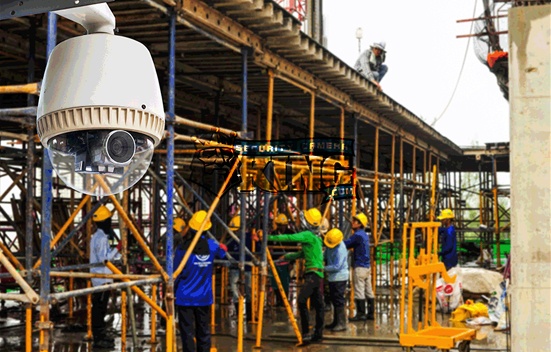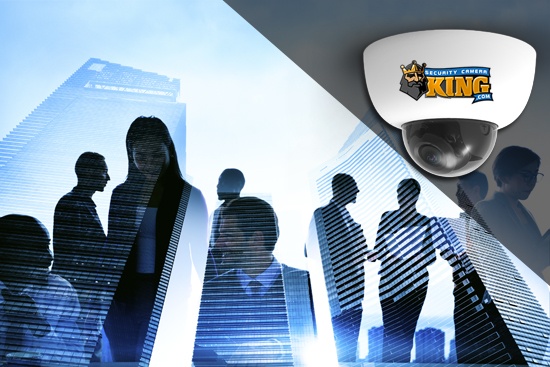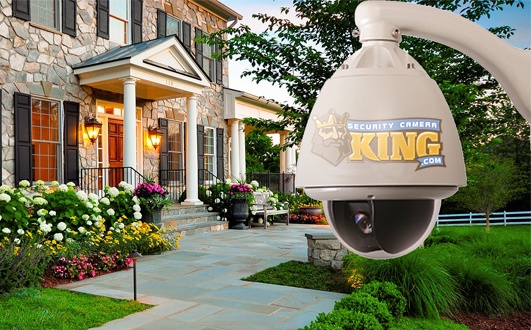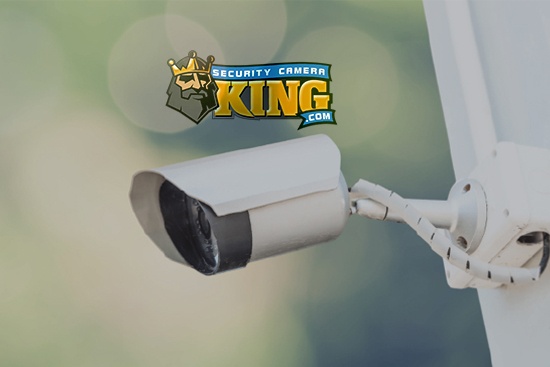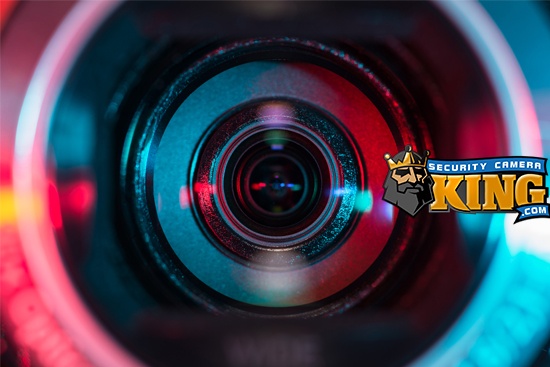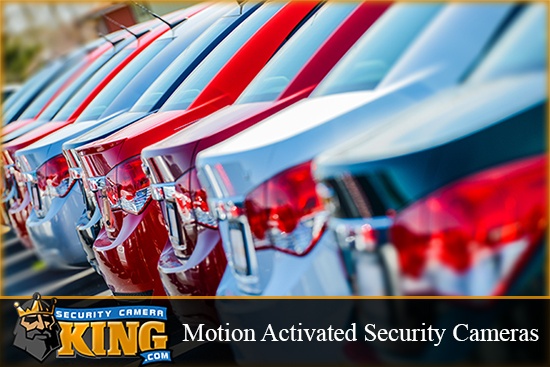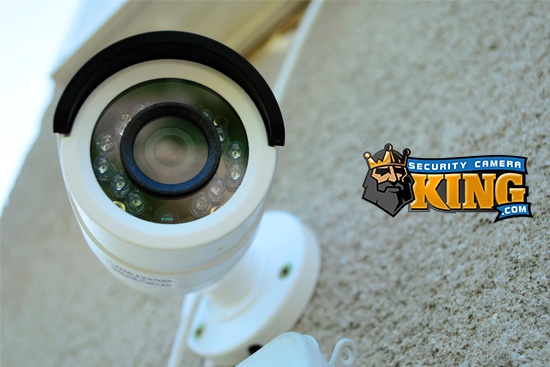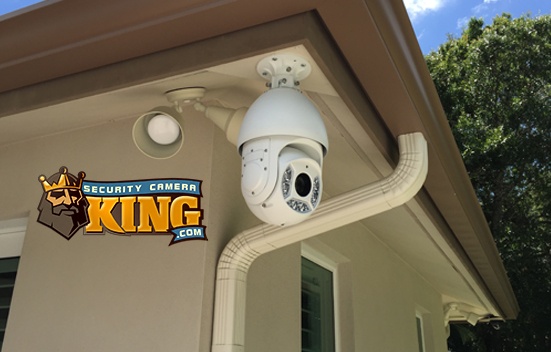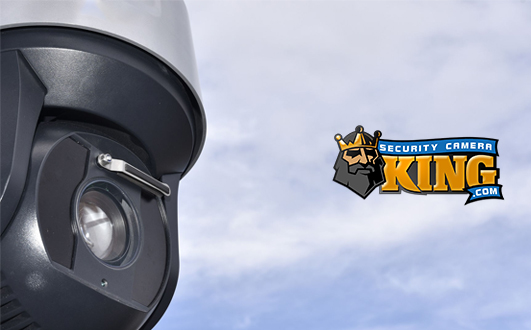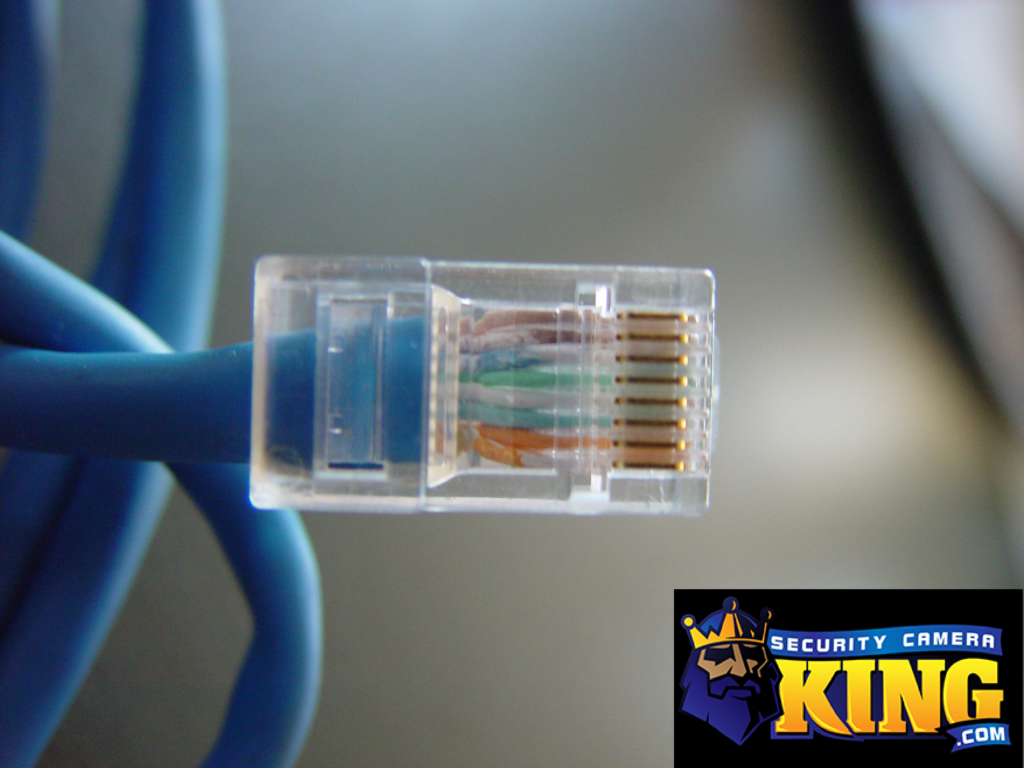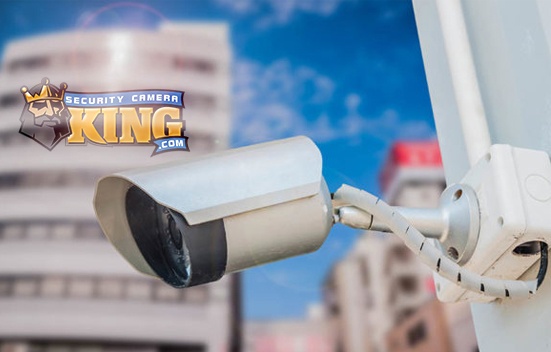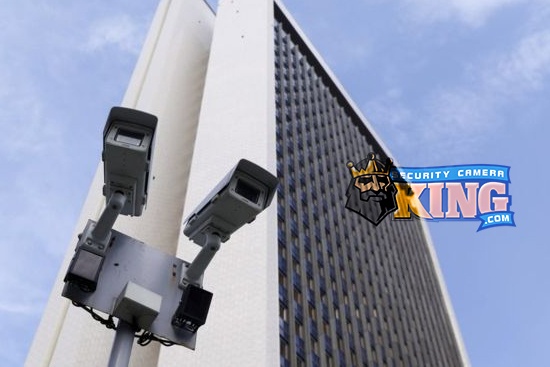The use of industrial security cameras in factories, manufacturing plants, construction sites, or similar industrial settings is an intelligent choice for a variety of reasons. Though asset protection and loss prevention are among the most common reasons to have fully operational industrial security cameras in place, they aren’t the only reasons to take advantage of video surveillance in industrial settings.
There are also a lot of different types of industrial security cameras to choose from, which makes understanding your video surveillance goals even more important. Without a complete grasp of what you would like to accomplish with video surveillance for industrial settings, there’s a chance you can be left vulnerable and unprotected.
This article will explore some of the more important considerations to determine in video surveillance for industrial settings. To get help finding the best industrial security cameras and video management devices suited to protect your own settings, contact our CCTV specialists to speak with an expert.
Considerations In Video Surveillance For Industrial Settings
Industrial security cameras are specially designed to monitor large areas in generally rugged environments. These types of security cameras are built with durable materials that can withstand more environmental factors than lower-grade CCTV products.
Because of their excessive hardiness and advanced surveillance technologies, industrial security cameras do generally come with a higher price tag, as well. Fortunately, they also outperform and outlast cheap security cameras that are ill-equipped to endure such rough environments.
However, because of their higher cost, it is especially important to consider exactly what it is you want them to be capable of achieving in order to get the most from your investment. Below are some common questions to answer before you begin reading into their different specifications and details.
How many cameras will I need to cover everything of value within the setting?
Cranes, raw materials, chemicals, machinery, and loading docks all present their own challenges in video surveillance for industrial settings. It is recommended that industrial security cameras be put in place at every point that carries the has potential issues present.
How much overall coverage should my security cameras have?
A major difference in industrial security cameras and low-grade cameras is their ability to provide clear video recordings across larger distances. It will be paramount to understand how far you need each camera to be able to record so that you retain useable footage.
Use our CCTV Lens Calculator for help with understanding the distance and range you’ll require.
Do I need wired or wireless industrial security cameras?
Understanding the differences between wired CCTV systems and wireless video surveillance for industrial settings will be necessary if you are covering a large plant. Wired HD security cameras lose their effectiveness if the cable connecting to the DVR extends past 500 feet. However, wireless IP network security cameras could require additional network configurations and specialized cabling. Contacting a CCTV specialist is your best bet if you are unsure which route will be the most effective for your particular environment.
Do I want to have remote viewing capabilities?
Most industrial security cameras come equipped with remote viewing, but a lot of security camera suppliers will require you to pay for a subscription in order to access the live feeds. However, all of our industrial security cameras come with a remote viewing application that permits you access to view their live feeds for free from any network-connected devices.
Am I interested in employee monitoring?
Employee monitoring is an excellent way to boost overall productivity and deter employee thefts from happening. Also, being able to remotely monitor production can also provide you with insights on how to improve certain aspects or weak points in a production line. Employee monitoring should be considered especially if there are any safety concerns over dangerous work behaviors or problems with missing stock or inventory.
Do I need vandal proof industrial security cameras?
Vandal proof cameras consist of high ratings that can withstand potential damage caused by intentional destruction. They are commonly used in video surveillance for industrial settings that have areas where the cameras can be easily reached and tampered with.
Do I want to be able to add more cameras into the system at a later date?
Scalability is an important detail that should be closely considered in video surveillance for industrial settings. The ability to add more industrial cameras to a full video surveillance system and adapt with changing surveillance needs will save you money later on as new situations arise. Also, considering the fast-changing nature of surveillance technologies, it would be wise to consider an investment that grows as you achieve long-term business goals.
Will I need a professional security camera installation?
Though a lot of security cameras are fairly easy to install yourself, most industrial security cameras will require an experienced level of installation skills for them to work as expected. This should be something you include in your budget. Fortunately, the good news is that most professional security camera installation companies will provide you with a free security assessment to ensure you are fully protected.
What level of support do I want?
Technical support will at some point be required to successfully maintain video surveillance for industrial settings. Determine if you want US-based support teams or if you are okay dealing with third-party support outsourced to another country. This will be especially important in the event your system fails because many outsourced teams do not operate during normal US business hours, leaving your setting vulnerable for a lengthy period of time.
Answering all of these questions will be helpful for narrowing down your overall selection and determining the best industrial security cameras suited to your own needs. If you would like to discuss any questions you have further, contact Security Camera King for help.
Facebook | Twitter | Google+ | YouTube

